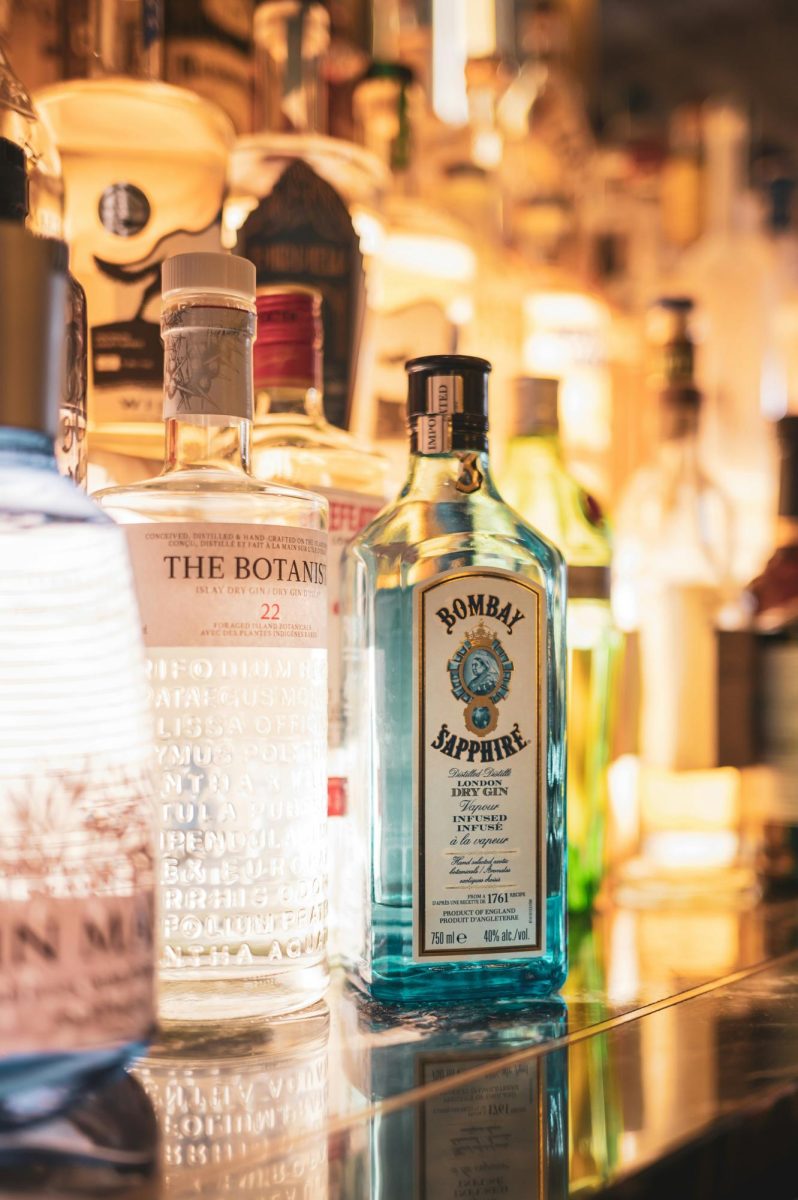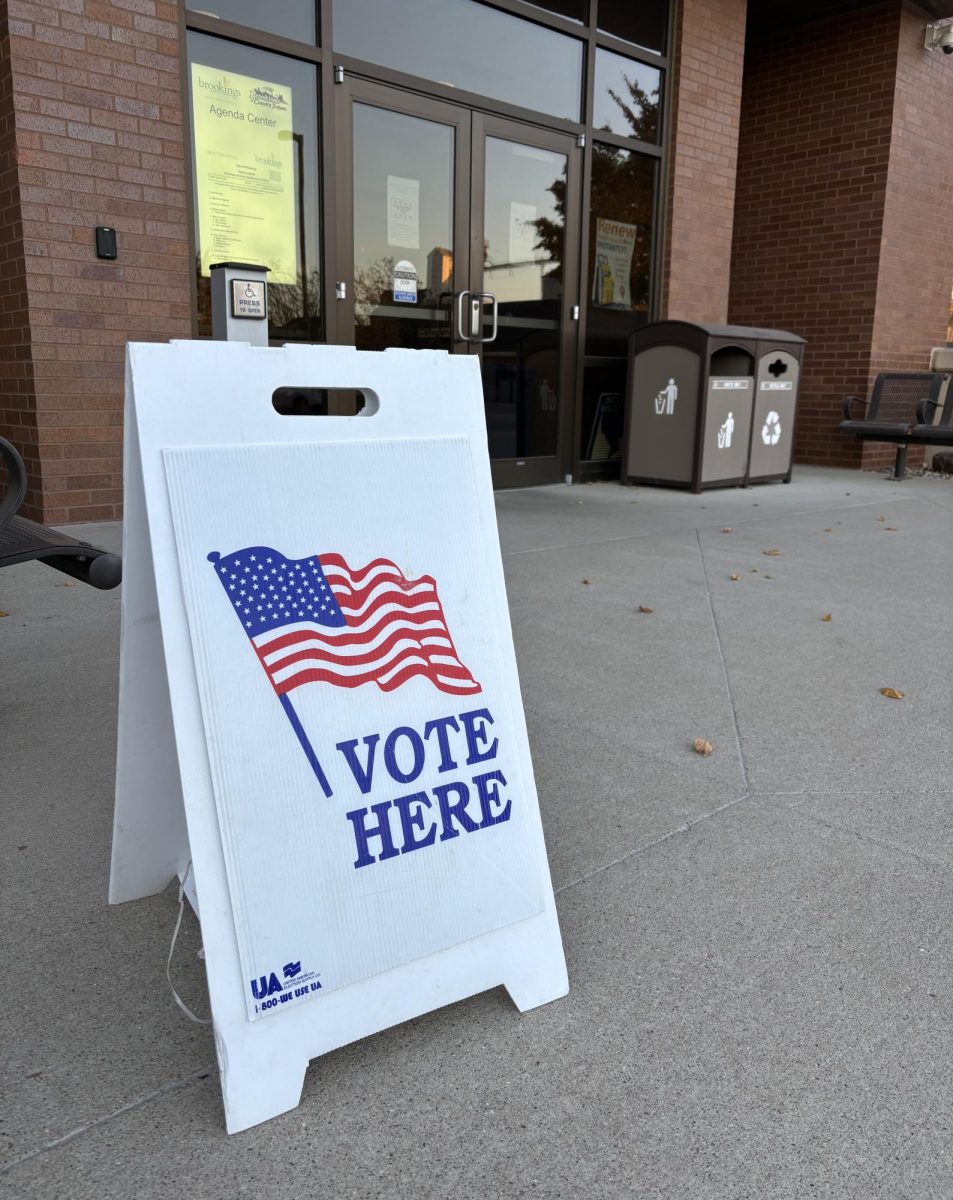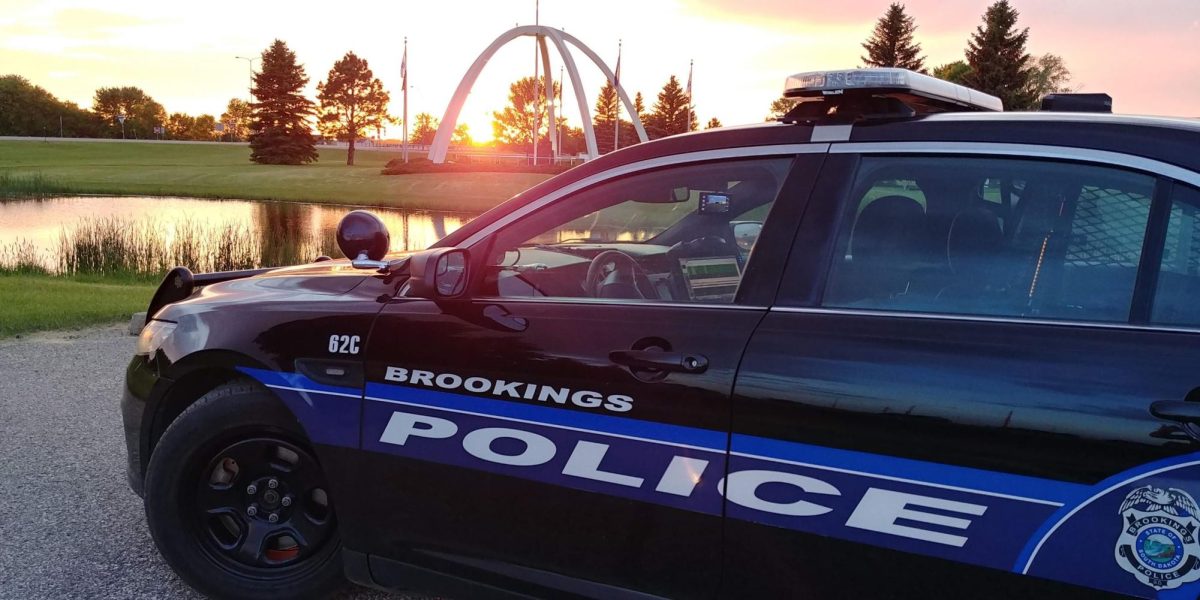Brookings police have seen a significant drop in underage drinking arrests this year.
Officials are crediting enhanced educational outreach and targeted enforcement efforts for the decline.
According to recent statistics from the Brookings Police Department, underage drinking arrests decreased from 55 cases between January and October 2023 to 30 cases during the same period in 2024.
Meanwhile, fake ID arrests have remained relatively stable, with 23 cases reported through September this year compared to 25 during the same period last year, according to police data.
Although fake ID arrests have remained stable, underage purchase or possession of alcohol arrests have increased. In October of 2023, there were nine arrests compared to the 20 arrests made this October.
“We started doing educational programs matched with high targeted enforcement,” said Brookings Police Chief Michael Drake. “The word has gotten out, and people are more aware. While our enforcement levels haven’t dropped, we’re seeing fewer violations.”
Drake, who joined the department in August 2022 after serving 30 years in law enforcement in New York, noted that the evolution of fake IDs has presented new challenges. Modern technology has made fake IDs increasingly sophisticated compared to makeshift alterations in the past, like modified licenses or homemade alternatives popular in the 1990s.
“When I started my career in the early ’90s, people were chalking their licenses or trying to change them with a pencil,” Drake said. “Nowadays, with the advancement of technology, it is extremely hard to keep up with spotting fake IDs.”
Law enforcement now relies heavily on database verification rather than visual inspection alone. Officers scan barcodes and run IDs through national databases to verify authenticity, because modern counterfeits can closely mimic security features like holograms.
As for bartenders, it’s different. “I find it somewhat difficult to spot fake IDs,” said Sophie Jordan, a bartender at Ray’s Corner. “When I first started working at Ray’s they had me practice and look at fake IDs from different states, and now I know what to look for when I card people.”
Bars have access to black lights, which they use to search for holograms that are hidden in real IDs. If they have any concerns if an ID is fake, they will contact the police to scan them and determine if they are real.
For students caught using fake IDs, consequences can be severe. While first-time offenders may qualify for diversion programs, repeat violations can face misdemeanor or felony charges, potentially impacting future career prospects in fields requiring professional licensing.
Local businesses have intensified their inspection of IDs, partly due to liability concerns and increased awareness through police educational initiatives. Drake said the police department meets with local establishments multiple times a year to update them on fake ID trends and legislative changes.
“It takes the entire community to prevent this,” Drake said. “We’re not trying to take the fun out of things, but we need to protect young people from damaging their futures with arrests that could prevent them from getting a better job or professional licenses.”
Despite easier access to sophisticated fake IDs through online sources, authorities think their educational efforts are making an impact.
“People are starting to realize that using a fake ID to purchase alcohol isn’t worth the risk because of what can happen,” Drake said. “We haven’t reduced enforcement – we’ve just been doing more outreach and education.”
Drake advises students to consider the long-term consequences. Even simple possession of a fake ID can result in serious charges, regardless of whether it has been used.
“You don’t want to damage your future in those four years between ages 16 and 20 with a mistake that follows you for the next 50 to 60 years of your life,” Drake said.
The South Dakota justice system continues to offer first-time offenders a second chance through diversion programs, while maintaining stricter consequences for repeat violations. Drake said that this balanced approach aims to maintain public safety while providing young offenders an opportunity to learn from their mistakes without permanent damage to their records.

























